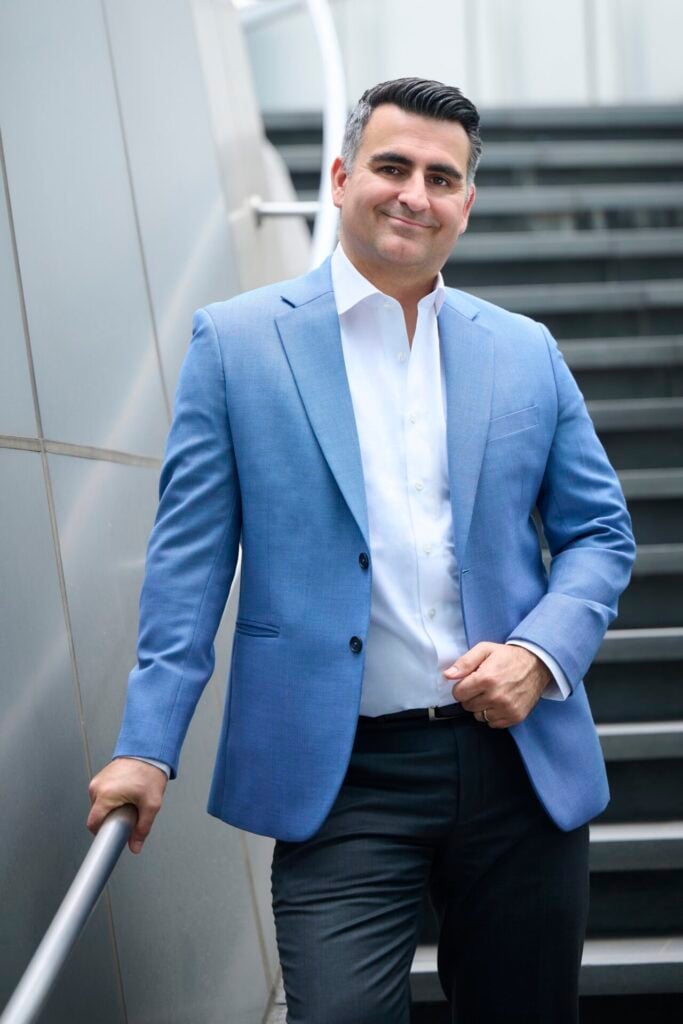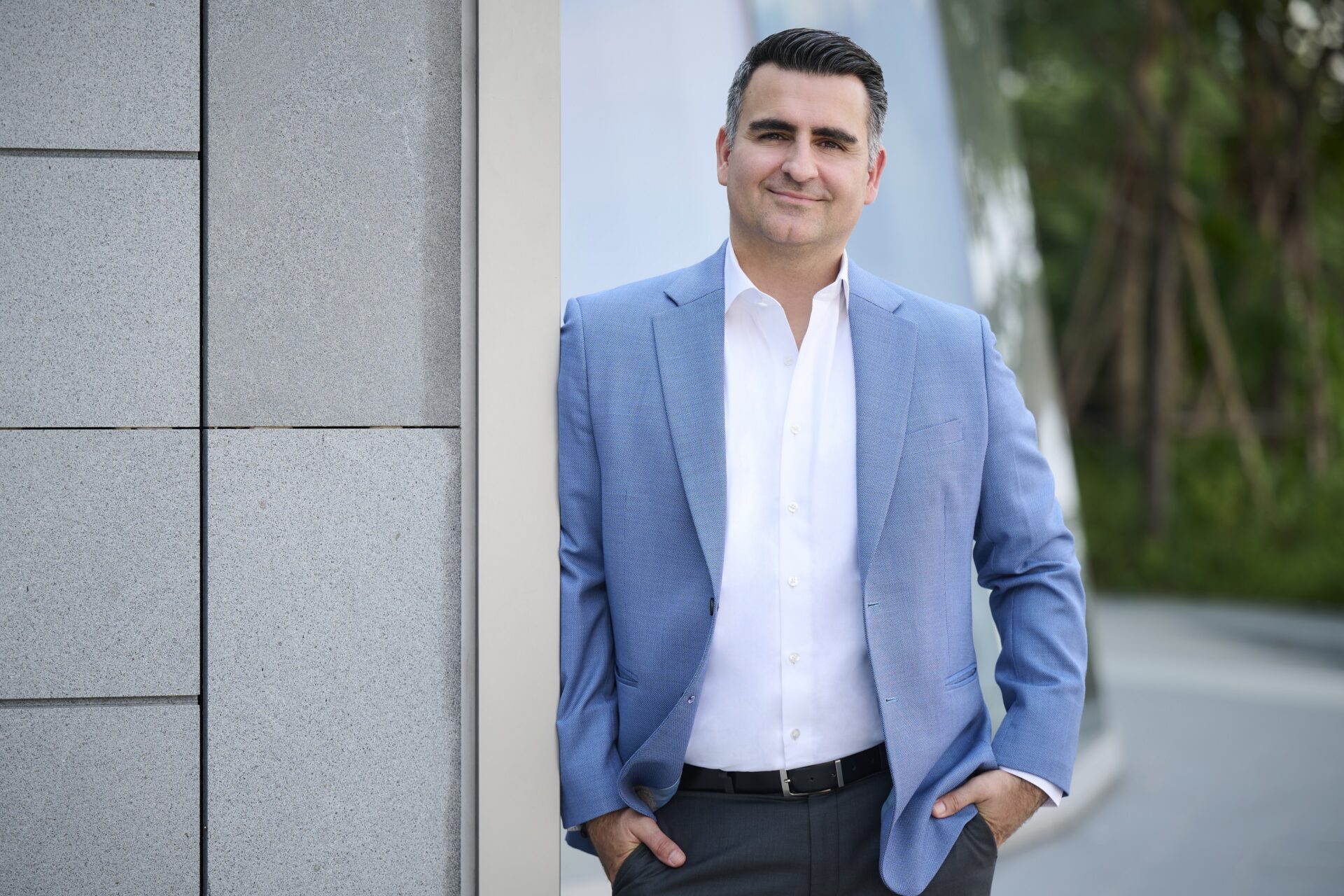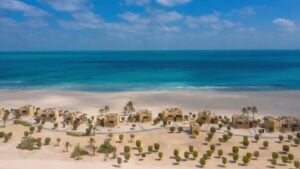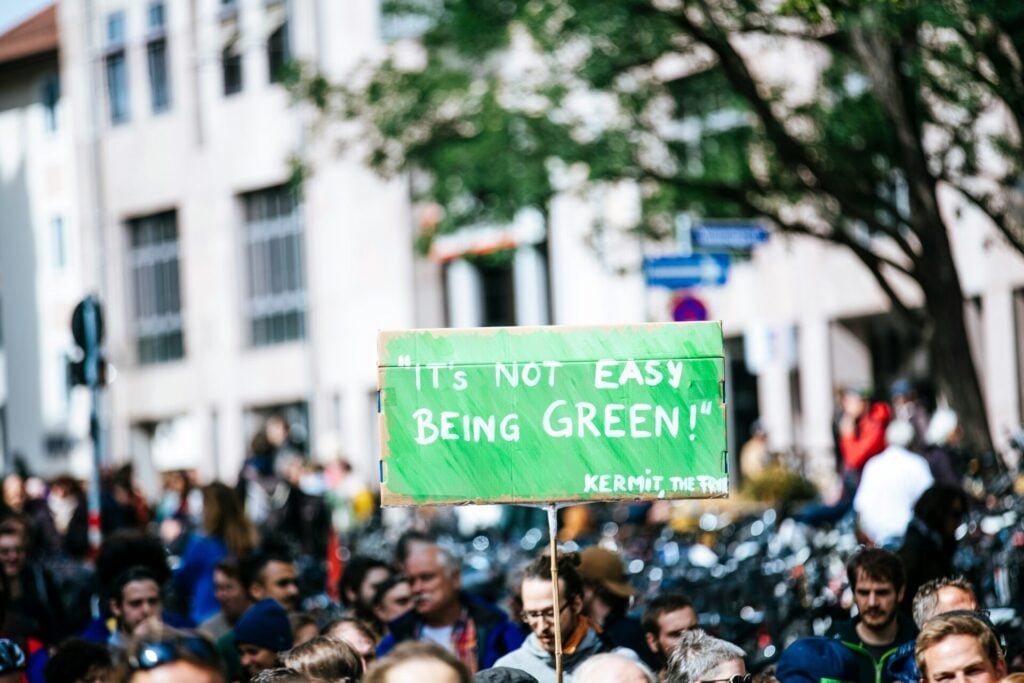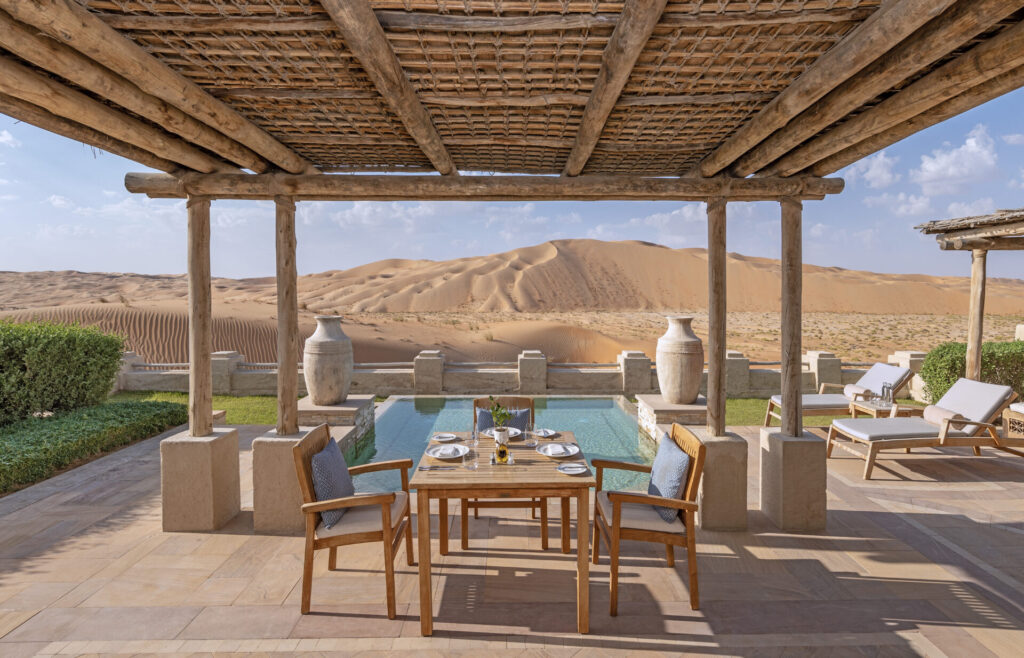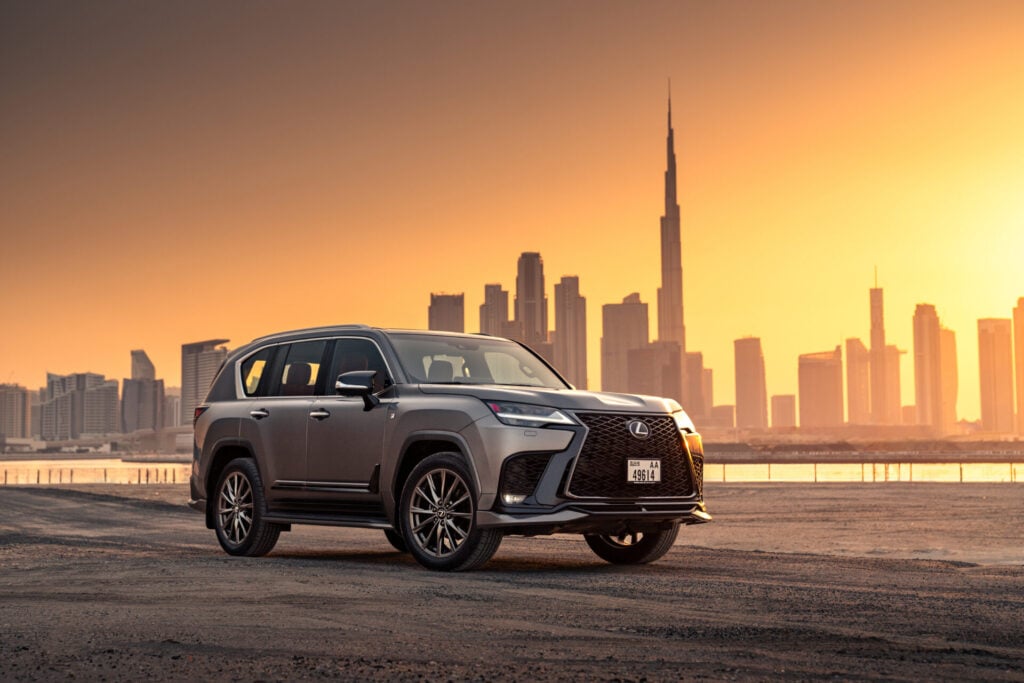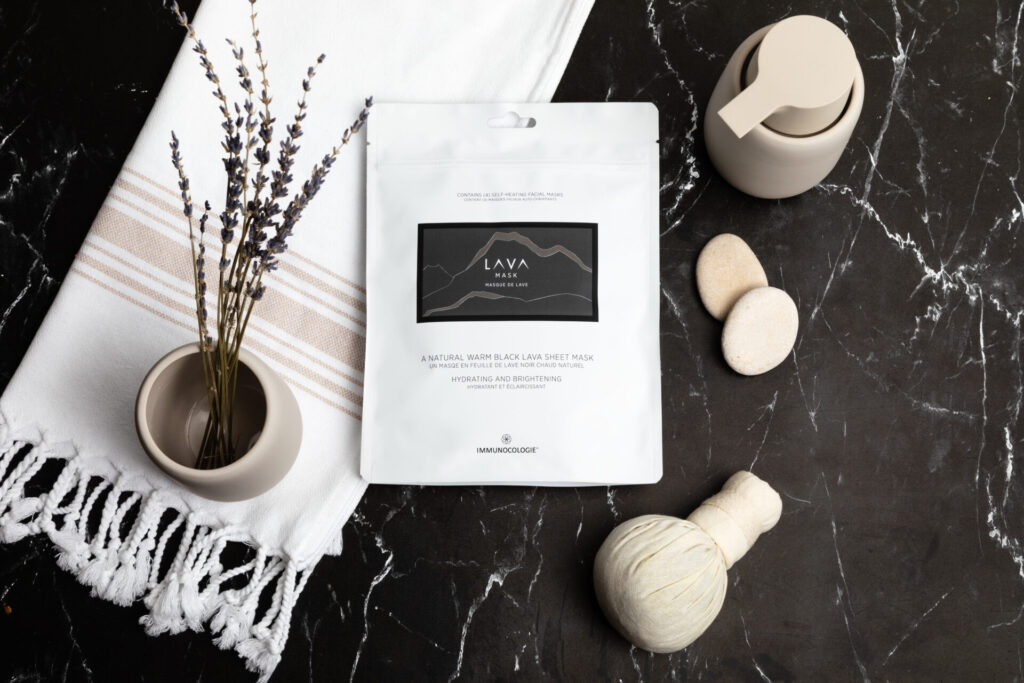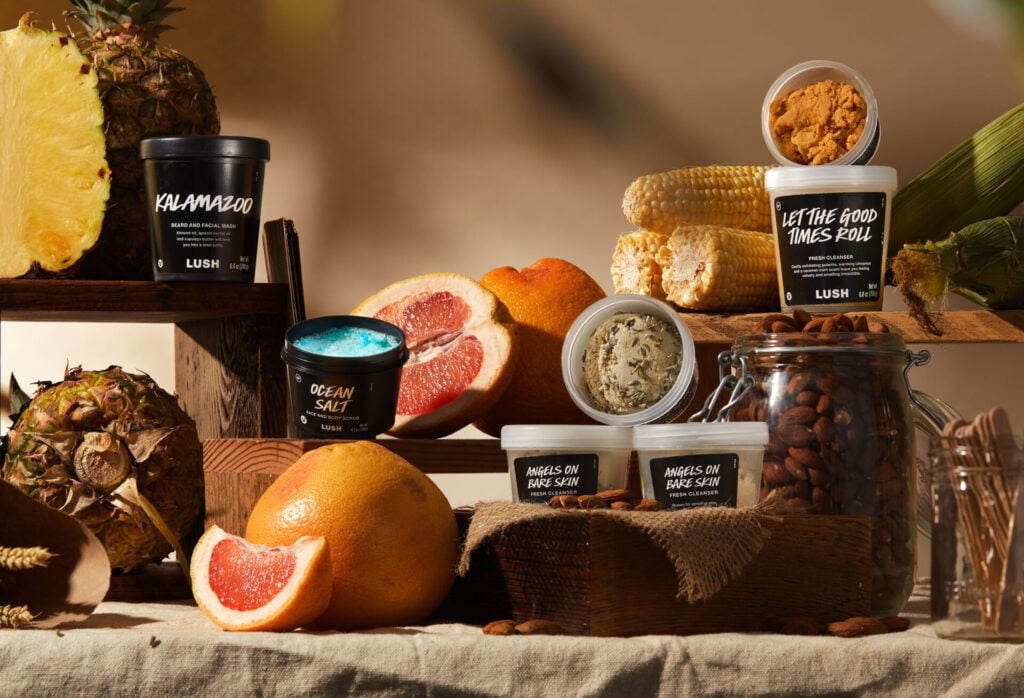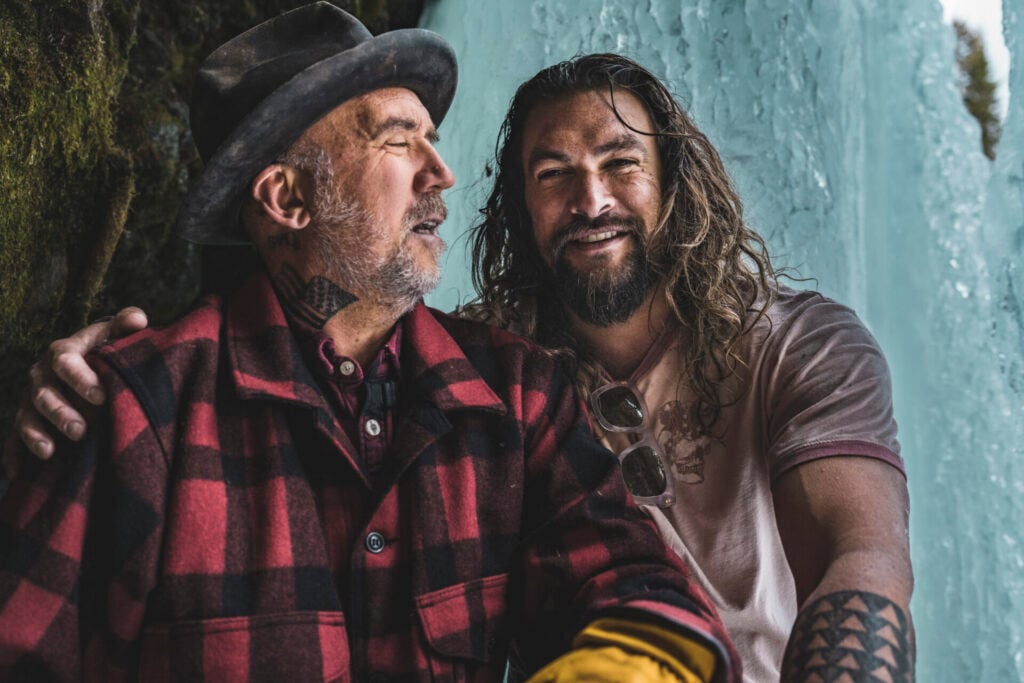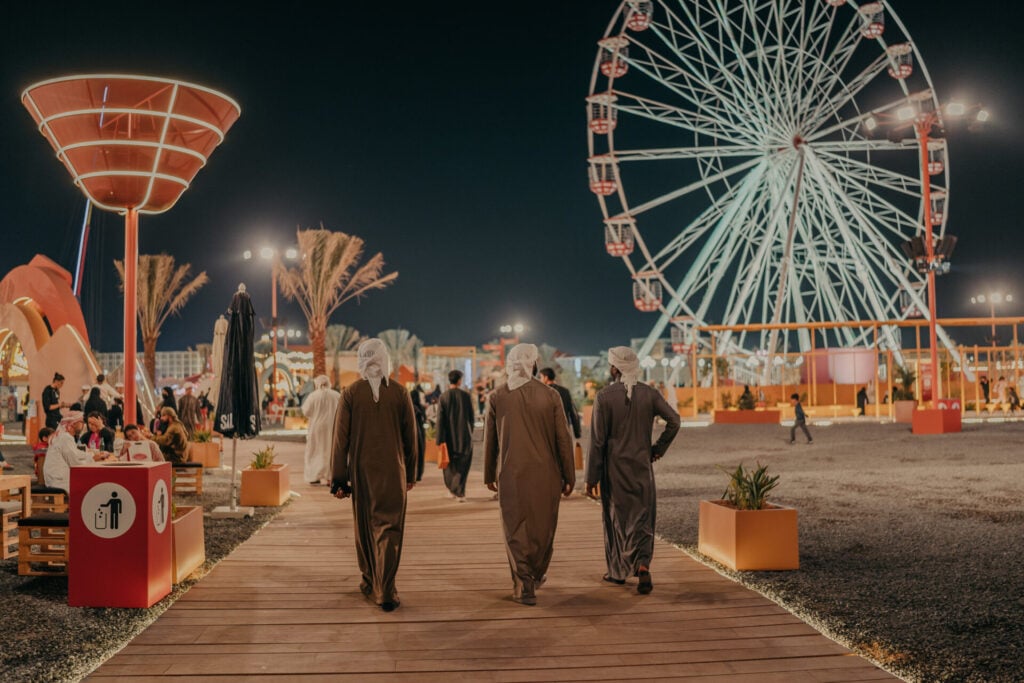As Chief Commercial Officer for Minor Hotels, Ian Di Tulio oversees over 560 properties across the globe, a number that’s growing rapidly. Yet, amid this ambitious expansion, Di Tulio and the team are committed to a strategy that balances scale with sustainability and luxury with responsibility.
In this exclusive Q&A with The Ethicalist, he speaks about carbon neutrality goals, elephant conservation, eco-conscious architecture, and why experiential, nature-based travel is the future of hospitality.
The Ethicalist: Minor Hotels is growing rapidly, with a goal of 800 properties by 2027. How do you maintain a focus on sustainability across such a large portfolio?
Ian Di Tulio: It’s incredibly challenging, but essential. We’ve committed to being carbon neutral by 2050, and the advantage of growing today is that many of our greenfield projects are designed to be sustainable from day one. Retrofitting older properties is harder – sometimes it’s cheaper to rebuild than to renovate sustainably – but we strive to preserve cultural heritage while improving efficiency. It’s not a zero-sum game: sometimes we win more on culture, sometimes more on sustainability, but the aim is to improve with every project, without compromising either sustainability or cultural integrity.
TE: What are some of the practical steps you’re taking to achieve that progress?
Ian Di Tulio: We’ve eliminated 85 per cent of consumer-facing plastics across all our properties globally, which was a major milestone. But the harder, and arguably more important, challenge is our supply chain. We operate in many remote areas, so influencing upstream practices isn’t always straightforward. Still, our procurement team is obsessed with driving change.
‘In our luxury portfolio, guests aren’t just looking for beautiful villas, they’re looking for meaning. That could mean walking alongside rescued elephants in Thailand, supporting coral restoration in the Maldives, or engaging in rhino conservation in Zimbabwe’
Ian Di Tulio: Guests have come to expect plastic-free rooms and some get frustrated when they see single-use items. That kind of consumer pressure has helped push us further. But we know we won’t reach net zero unless we tackle those deeper, behind-the-scenes layers of the supply chain. At the same time, we’re balancing those sustainability goals with guest expectations, especially within our luxury portfolio like Anantara, where guests want to know that their experience is not only exceptional but also responsible.

The Ethicalist: You mentioned luxury. How do you balance guest expectations with sustainability?
Ian Di Tulio: Today, luxury and sustainability are inseparable. Guests paying $1,000 a night want it all, elevated experiences and responsible practices. We’re focused on design that delivers both, from water reuse at our desert properties to solar and wind energy at others. In some resorts, 70 per cent of water is recycled and used for agriculture, greenhouses, or even to support animals.
But it goes beyond infrastructure. In our luxury portfolio, guests aren’t just looking for beautiful villas, they’re looking for meaning. That could mean walking alongside rescued elephants in Thailand, supporting coral restoration in the Maldives, or engaging in rhino conservation in Zimbabwe. Many of our African camps are built around giving back, from rewilding former farmland to funding community projects. These are experiences that connect luxury with purpose, and our guests increasingly expect that level of impact.
Guests can walk alongside the elephants, but we avoid bathing or touching them, especially given their past trauma. We’ve moved away from any hands-on interaction and instead focus on observation, education, and respect.
TE: You mention elephant conservation. What can you tell us about Anantara’s work in Thailand?
Ian Di Tulio: Our northern Thailand resort is deeply involved in elephant conservation. We rescue elephants from begging and logging, but we don’t buy them, as we want to avoid fuelling that market. Many of the elephants come from difficult backgrounds and can’t be reintroduced into the wild, so we provide a safe environment where they can live with dignity. Guests can walk alongside the elephants, but we avoid bathing or touching them, especially given their past trauma. We’ve moved away from any hands-on interaction and instead focus on observation, education, and respect.
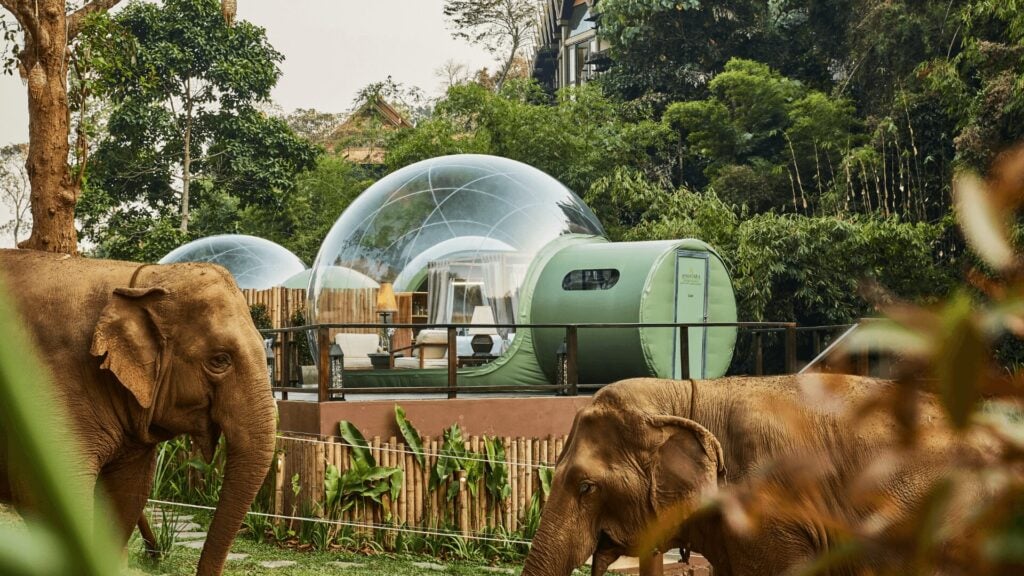
Each elephant is cared for by a mahout – often someone who has spent years with that individual animal. It’s a complex relationship, and one we support carefully. In some cases, our elephants have even tried to cross the river into Myanmar, which highlights the need to protect them not only from mistreatment, but also from wandering into unstable regions. We also use this conservation work as a teaching opportunity and how to engage responsibly with these incredible animals.
TE: And in Zimbabwe?
Ian Di Tulio: In Zimbabwe, we’re very involved in rhino conservation through our partnership with Elewana. Together, we’re helping to rewild former farmland, returning it to its natural state and creating safe habitats for endangered rhinos. One of the ways we contribute is by rotating rhino populations between areas to maintain healthy genetic diversity, it’s a targeted approach, but one with long-term ecological benefits.
The property itself is small, just 22 rooms, but that’s part of its power. And that philosophy runs throughout our portfolio: each destination offers something rooted in its natural and cultural environment. From rose harvesting in the mountains of Oman to innovative desert farming in the UAE, we aim to make each guest experience feel deeply connected to place and to purpose.
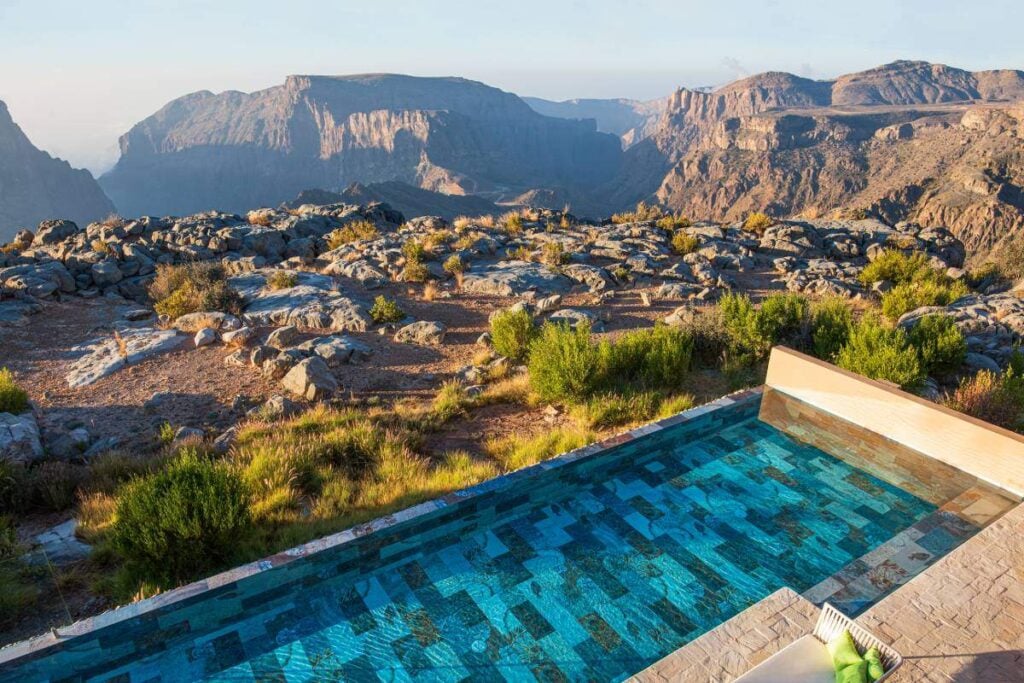
TE: How do you make these sustainability efforts visible to guests without it feeling forced?
Ian Di Tulio: For us, it all comes down to intention. We embed sustainability not as a marketing tactic, but because we genuinely believe it’s the right way to do hospitality. Every one of our hotels completes what we call a ‘Promise Report’ – a living document outlining that property’s commitments to sustainability, cultural integrity, and community engagement. But it’s not just a checkbox exercise; those reports are reviewed by our engineers and sustainability teams to ensure the pledges translate into real-world action.
Importantly, we never want sustainability to feel like a sacrifice for our guests. The goal is to enhance their stay, not interrupt it. Whether it’s locally sourced amenities, water recycling systems, or nature-based experiences, it’s about elevating the guest journey with purpose and care.
TE: Have you seen a shift in guest behaviour around wellness or food?

Ian Di Tulio: Definitely. There’s a bigger demand for plant-based dining. Every property, including our Michelin-starred restaurants, now offers plant-based menus. Even in places like Rome, you can get a 100 per cent plant-based tasting menus. People want choice, not dogma. We also see growing interest in digital detoxing and nature-based experiences. Some of our resorts create mindful spaces that are intentionally tech-free, which helps guests truly switch off, even if only for a few hours.
TE: What role does nature play in shaping your properties’ experiences?
Ian Di Tulio: Nature is at the core of what we call ‘experiential luxury.’ Each Anantara property is designed to reflect its surroundings, from rhino conservation in Zimbabwe to mangrove protection in Ras Al Khaimah. We ensure our guests have the chance to connect meaningfully with nature, without exploitation. That might mean learning how desert plants survive harsh conditions, or supporting rewilding programs. Nature-based experiences are not just a trend, they’re what people seek out now.
